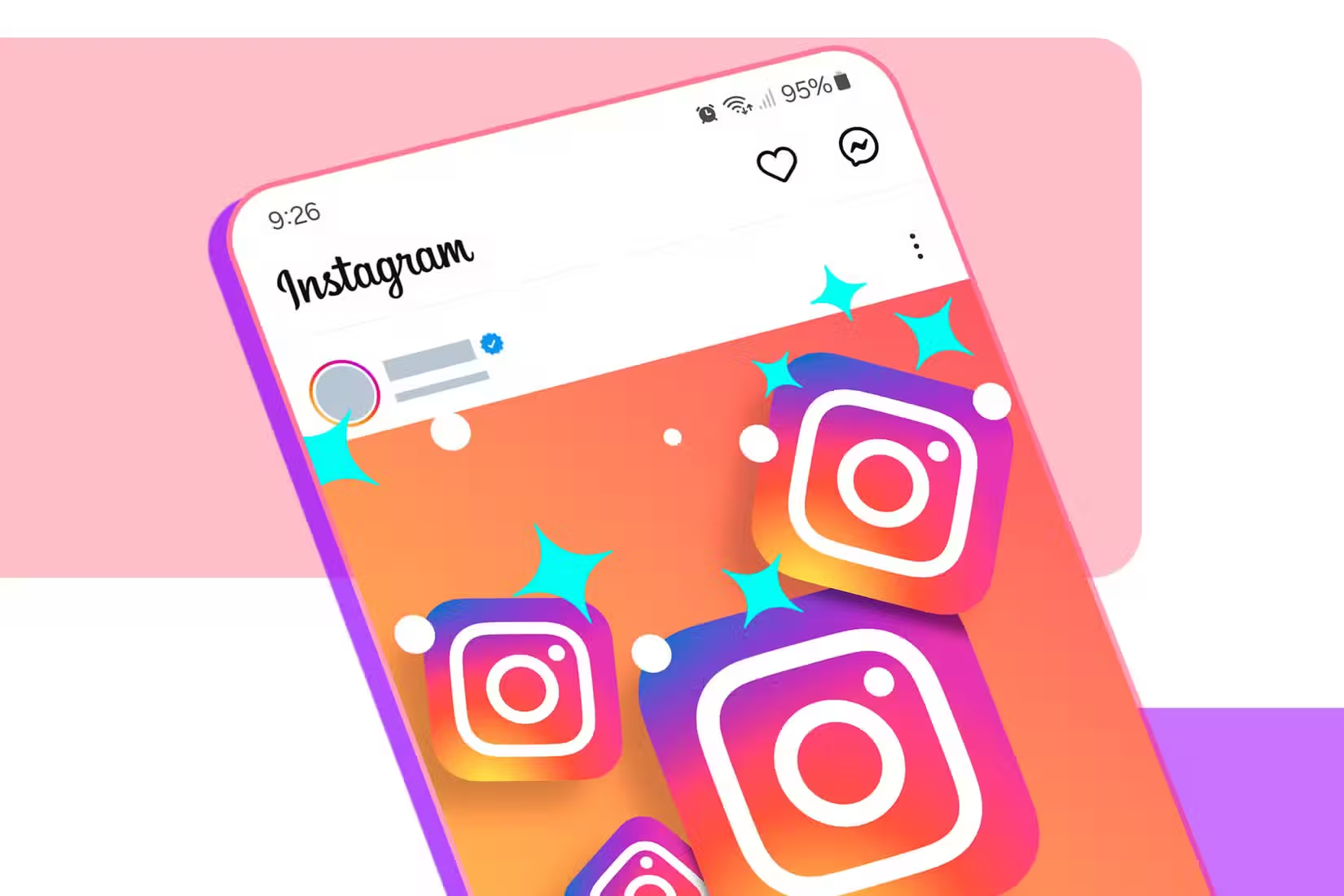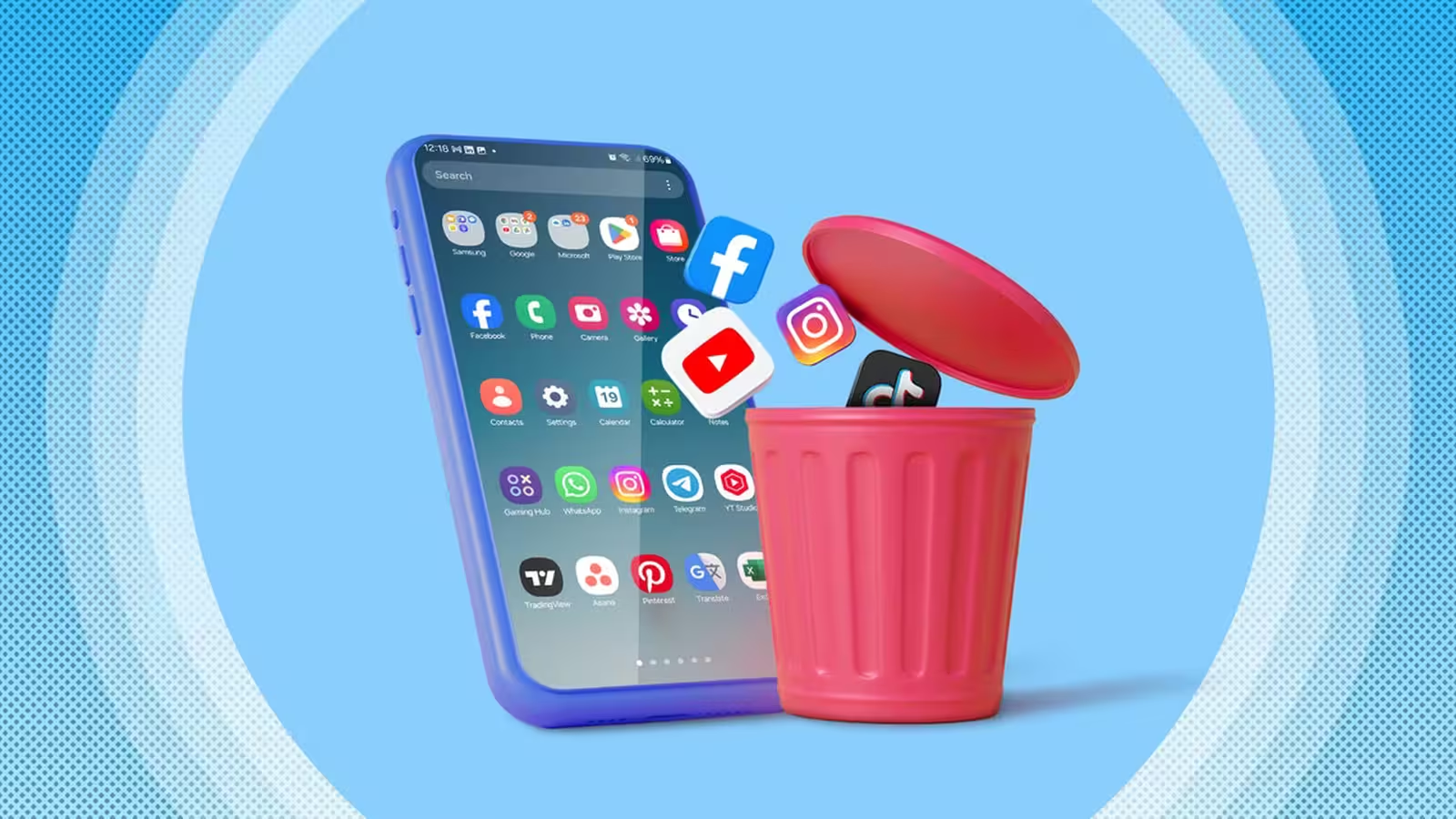5 Minutes
Why Regular App Maintenance Matters for Modern Smartphone Users
Smartphones are at the heart of our digital lives, serving not just as communication devices, but as cameras, navigation tools, entertainment hubs, and workstations. As we explore the ever-expanding world of mobile apps, our devices can quickly become crowded with unused or even potentially risky software. Taking the time to clear out unnecessary apps boosts not only your phone's performance, but also enhances your digital security and mental wellbeing. Here’s how to recognize when it’s time to let an app go.
1. Forgotten Apps Are Cluttering Your Home Screen
When was the last time you opened some of those seldom-used apps lurking on your phone? If you can’t remember, you're not alone. Many users install companion apps for smart gadgets, such as a one-off purchase of a smart lamp or a quirky fitness band, and never revisit them. These forgotten apps often sit idle, eating up precious storage and making it harder to find the apps you actually use daily.
The solution is simple: uninstall what you don’t need. If you ever need the app again, it’s easy to download and reinstall from the App Store or Google Play. To avoid hassle, remember to store your login information in a secure password manager such as Proton Pass or 1Password, so you can seamlessly regain access later. Regular pruning ensures a cleaner, more efficient smartphone experience—think of it as digital minimalism in action.
2. Apps That Make You Feel Guilty Every Time You Tap
An increasing number of users report feeling guilty after spending time on certain mobile apps, especially those known for being time-drains or sources of negative emotions. Whether it’s an endless scrolling session on social media or sinking too much time into mobile games, guilt can be an important sign. Ask yourself: Is the pleasure from using this app worth the regret afterwards?
If the answer is no—and if the app distracts you from meaningful activities, relationships, or productivity—consider removing it. Thank the app for the fun or utility it provided, then clear the space for something that aligns better with your current priorities and digital wellbeing.
3. Lost Track of Time? It May Be Time to Uninstall
Some apps are so engaging they make you lose all sense of time. For one person it might be YouTube, for another, TikTok or addictive mobile games. If you catch yourself wondering where the last hour (or evening) went while using a particular app, that’s a red flag.
Thankfully, both Android and iOS offer tools to help manage screen time and app limits. Built-in features like Screen Time for iPhone and Digital Wellbeing for Android allow you to track usage and set boundaries. Instead of switching to a minimalist phone, harness these digital tools to help regain control—or, if needed, cut an app out entirely.

4. Compulsive App Checking Is Sapping Your Focus
With notifications firing off and app icons vying for your attention, checking certain apps—especially social media—can become a compulsive behavior. You might open Instagram, X (formerly Twitter), or Facebook dozens of times a day, sometimes without realizing it, just because the colorful icon beckoned.
While quick distraction sounds harmless, it chips away at your ability to focus, achieve flow at work, and even connect meaningfully with friends and family. Compulsive app usage often signals it’s time to step back and reevaluate whether the app is serving you—or if you’re serving it. For those who still need occasional access, consider hiding rarely used apps or switching to a minimalist launcher such as Niagara Launcher, which focuses on your essential apps and reduces clutter.
5. Suspicious or Overreaching App Permissions
Digital privacy is a growing issue in today’s mobile landscape. Before installing any app, check which permissions it requests. If a free photo gallery wants access to your contacts, or a simple calculator attempts to read your SMS or storage, this may signal an intent to harvest your data.
Even popular apps aren’t immune. Tech giants like Facebook and WhatsApp often request more access than is strictly necessary for their function. For instance, WhatsApp won’t let you add contacts without granting access to your full address book, unlike more privacy-focused alternatives like Signal. These permissions can sometimes expose your data to third-party advertisers or analytics firms.
Staying aware and regularly reviewing app permissions is a critical part of protecting your personal information on your device.
When Hiding Is Better Than Deleting
Not every app must be deleted. Utilities that you check monthly—or apps like tax software used once a year—might simply be tucked away into folders or hidden altogether. This strategy allows you to reclaim visual space on your phone, reduce interruptions, and spotlight the apps that matter most.
For power users, Android offers customization tools such as alternative launchers, including Niagara Launcher, which streamlines your interface and reduces the temptation to open non-essential apps. Apple’s iOS lets you hide entire pages of apps or use the App Library for similar effect.
Bottom Line: Smarter Tech Use, Not Less
Deleting unnecessary or distracting apps doesn’t mean stepping away from technology—rather, it’s about using your device with greater intention and security. A streamlined smartphone not only runs faster and saves battery, but also supports a healthier relationship with the digital world.
Regular digital decluttering is a tech best practice for everyone, from everyday users to industry professionals. By taking control of what lives on your phone, you can unlock more productivity, maintain digital privacy, and ensure your smartphone continues to serve you, not the other way around.


Comments